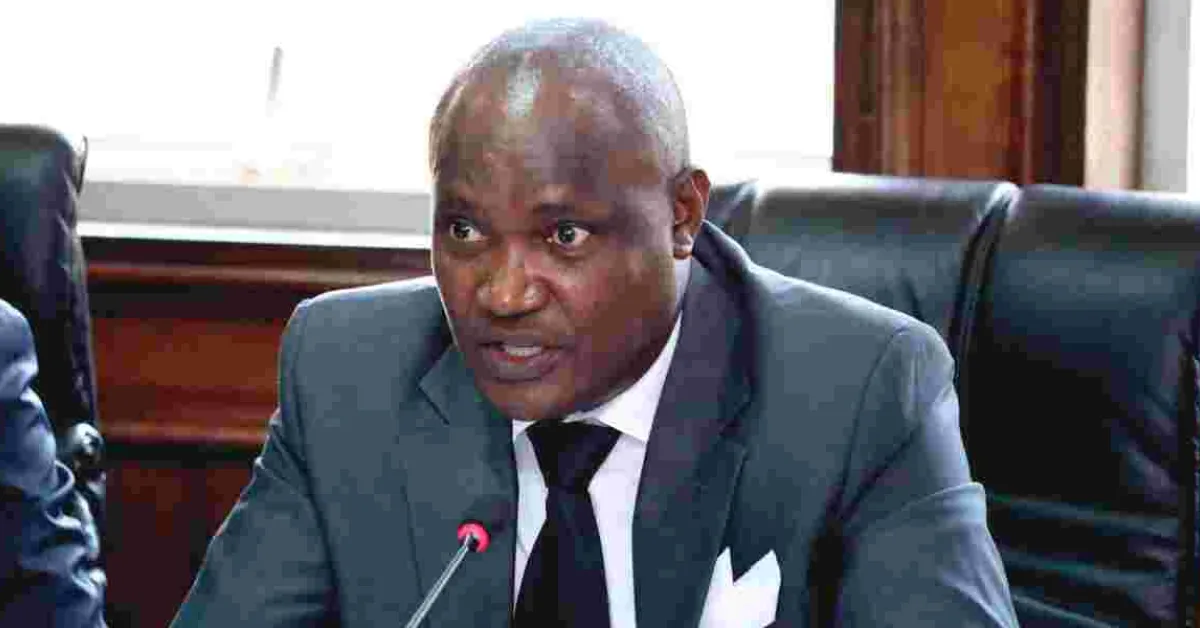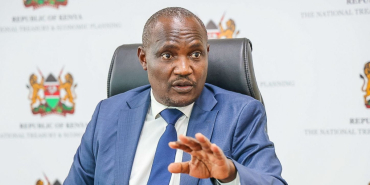Kenyan Government Proposes Controversial 15% Tax on Social Media and Internet Services

The Kenyan government has proposed a 15% tax on social media and internet services, which could significantly impact businesses and individuals engaged in online activities.
The draft proposal, published by the National Assembly Clerk Samuel Njoroge, outlines amendments to the Tax Laws aimed at enhancing social media and phone usage while addressing the cost of communication services. The Tax Laws (Amendment) Bill, 2024, sponsored by the Leader of Majority Kimani Ichung'wah, introduces the new exercise duty fee on social media and internet services. If passed by Parliament, this tax would be added to the cost of any fees charged to users for accessing the internet or social media platforms. The proposed tax could have far-reaching consequences for various sectors.
Telecommunication companies providing internet services are likely to see increased operational costs, which may be passed on to consumers in the form of higher data and internet bundle prices. This could potentially hinder accessibility and affordability for many users. Internet service providers, catering to both residential and business clients, might also raise subscription rates to offset the additional expense. The digital advertising and e-commerce industries are expected to face significant impacts as well. Social media platforms may increase advertising fees to accommodate the new tax, affecting digital marketing firms, advertisers, and online retailers.
Small and medium-sized enterprises (SMEs), freelancers, and influencers who rely on social media for client engagement, brand visibility, and sales could see their reach reduced due to higher advertising costs. In contrast, the Bill also proposes a reduction in the exercise duty on telephone and data services from the current 15% to 12%. If approved, this reduction could slightly decrease the cost of mobile usage services, making them more affordable for Kenyans. The Finance Act 2023 had previously reduced the exercise duty on telephone and internet usage services from 20% to 15%, and a further reduction would continue this trend.
The potential passage of the Bill could lead to lower costs for voice calls, messaging, and internet access, even as Kenyans grapple with high rates for these services. The government has been under pressure to reduce communication costs, with the East African Community (EAC) Technical Committee on Communications recommending a cap on data roaming charges at 65 cents per megabyte. Meanwhile, the Parliament has called for public submissions on the proposals and the contents of the bills from the Treasury.














Add new comment